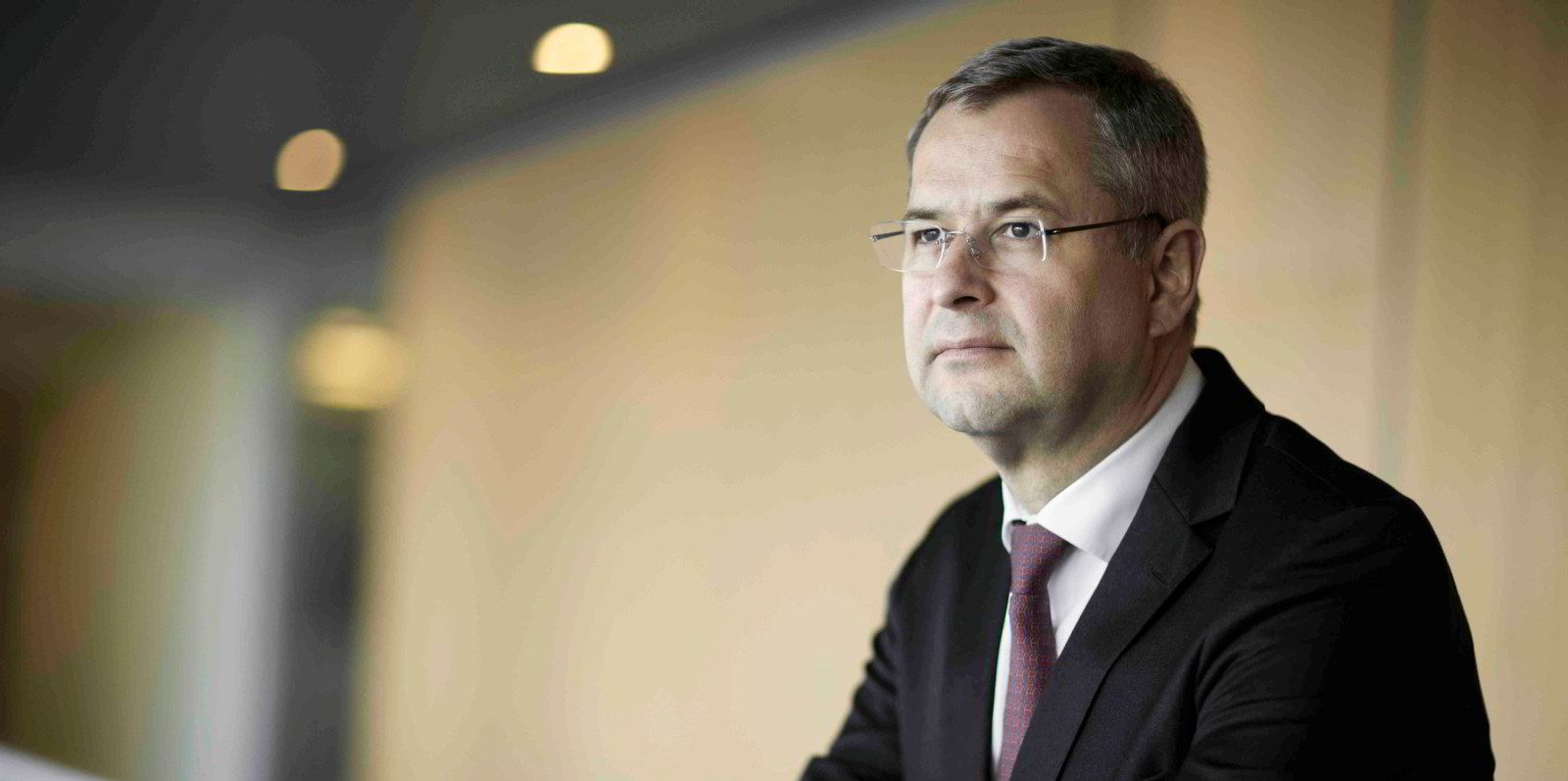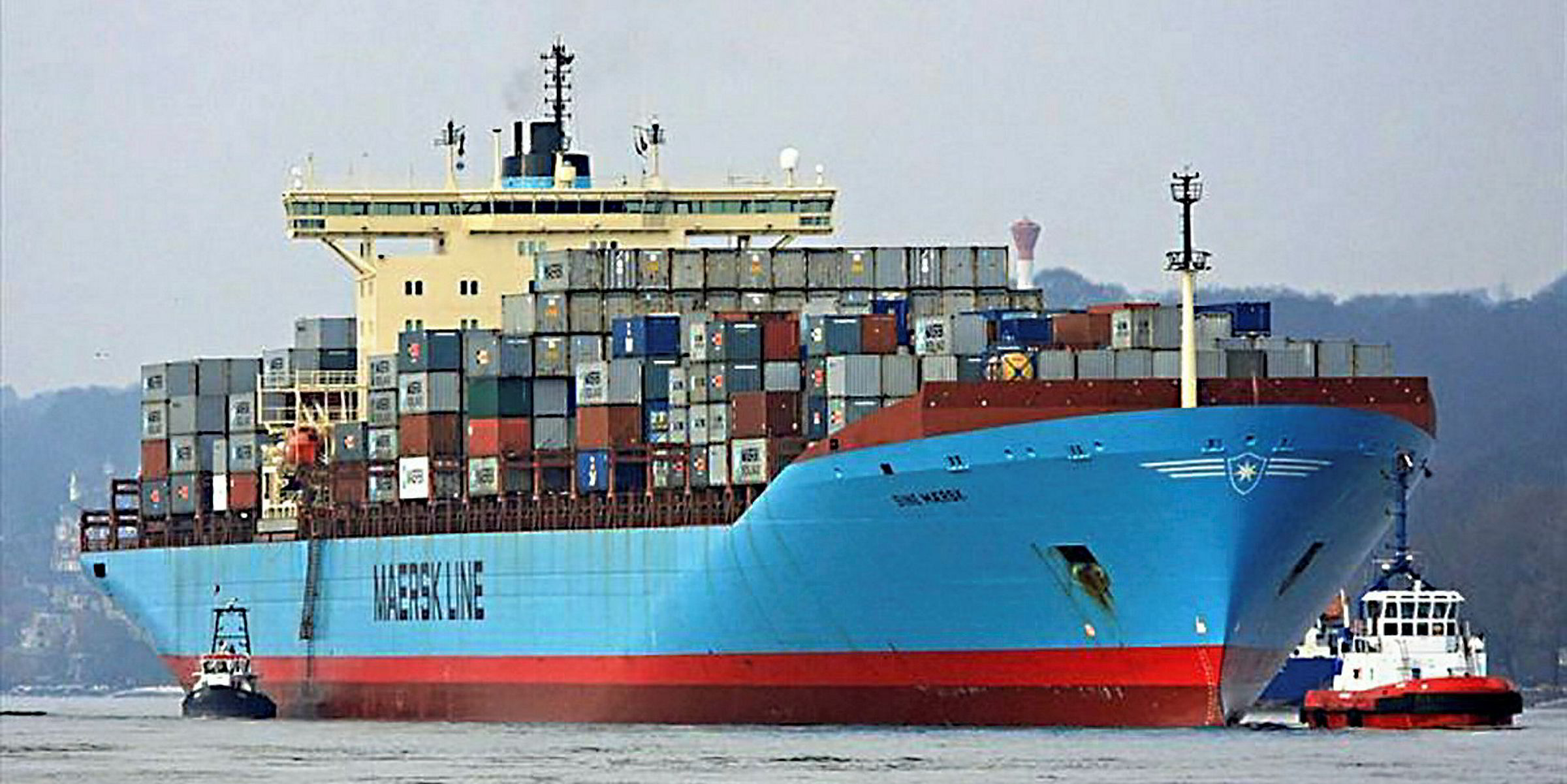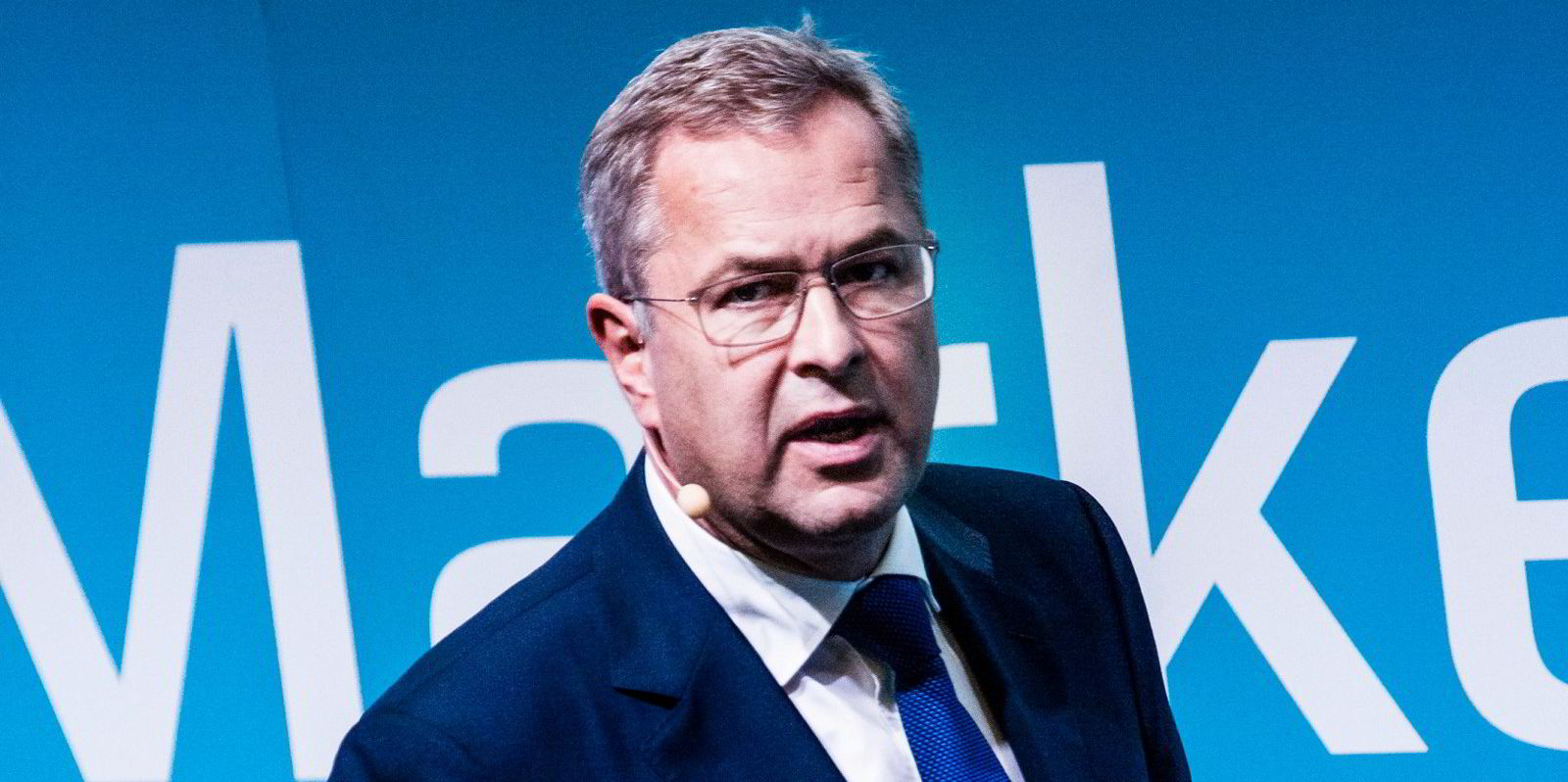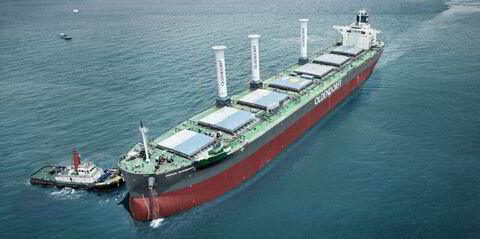AP Moller-Maersk is preparing to accelerate its decarbonisation efforts by looking to alternative fuels, according to a leading executive.
The Danish container shipping giant is currently targeting a 60% reduction in carbon emissions per container by 2030 and net zero emissions by 2050.
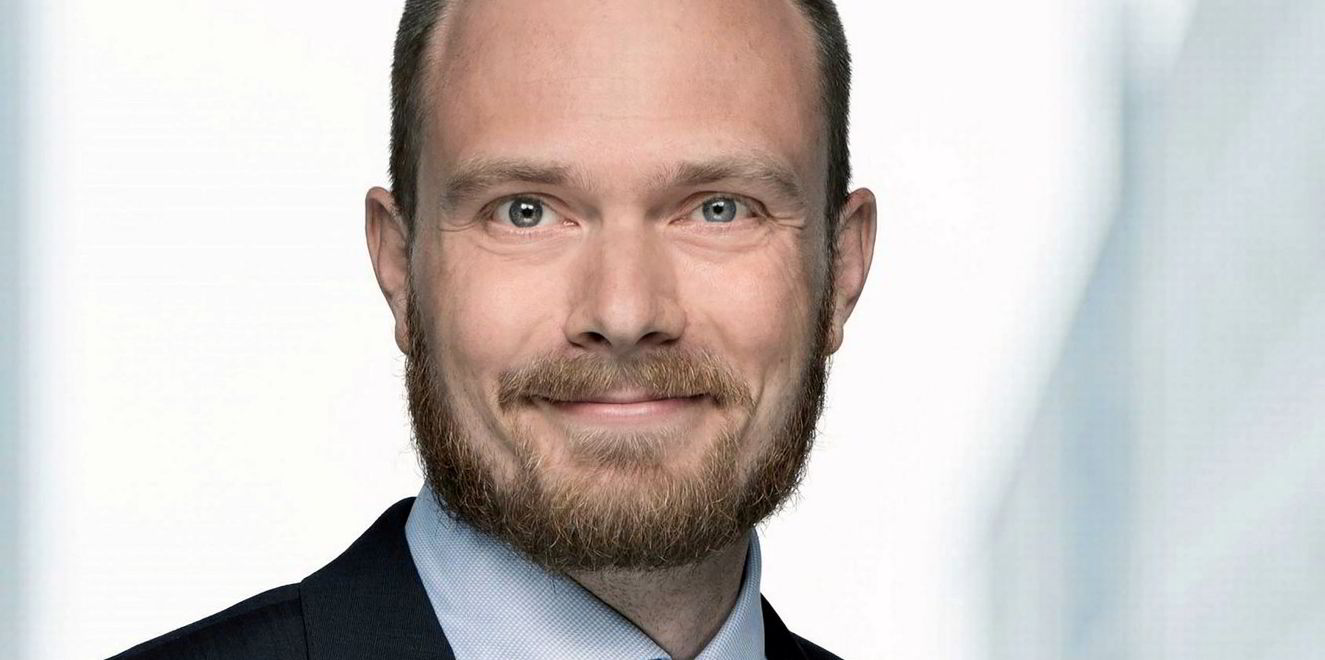
However, director of regulatory affairs Simon Bergulf told an International Maritime Organization webinar on decarbonisation that Maersk feels it is time to accelerate its efforts to reduce carbon emissions based on using alternative fuels.
He said the company wants to keep ahead of rapidly changing developments in the decarbonisation of the shipping industry.
“Things have changed so quickly and so exponentially we have to ask ourselves at Maersk if we don’t have to accelerate our own strategy set out by my CEO, so watch this space," he said.
“The technical means of reducing CO2 emissions are dying out for carbon shipping so now it is all about new fuels.”
Bergulf explained that the company has been focusing on several potential new fuels which include bio diesel, bio methanol, e-methanol, lignin fuels and ammonia.
TradeWinds reported last month that the company is looking to order its first small containerships that can run on ammonia, methanol or ethanol within three years.
Silver bullet
However, he pointed out that Maersk sees a future where it will use several low carbon fuels in its fleet.
“We believe the time of one general fuel for shipping is over, we are likely to have a situation where we are using a number of fuels, we don’t know which ones are the silver bullet, but we know the type of fuels will be more expansive than the fuels we use today.”
Bergulf said Maersk would be seeking to partner with its customers to come up with low-carbon fuel solutions in the future. He said he would also like to see fuel suppliers joining the research and development into alternative fuels.
He urged regulators to be tougher on those companies which fall behind the IMO’s targets on carbon emissions and to reward first movers like Maersk.
“Enforcement cannot be an afterthought,” Bergulf said.
